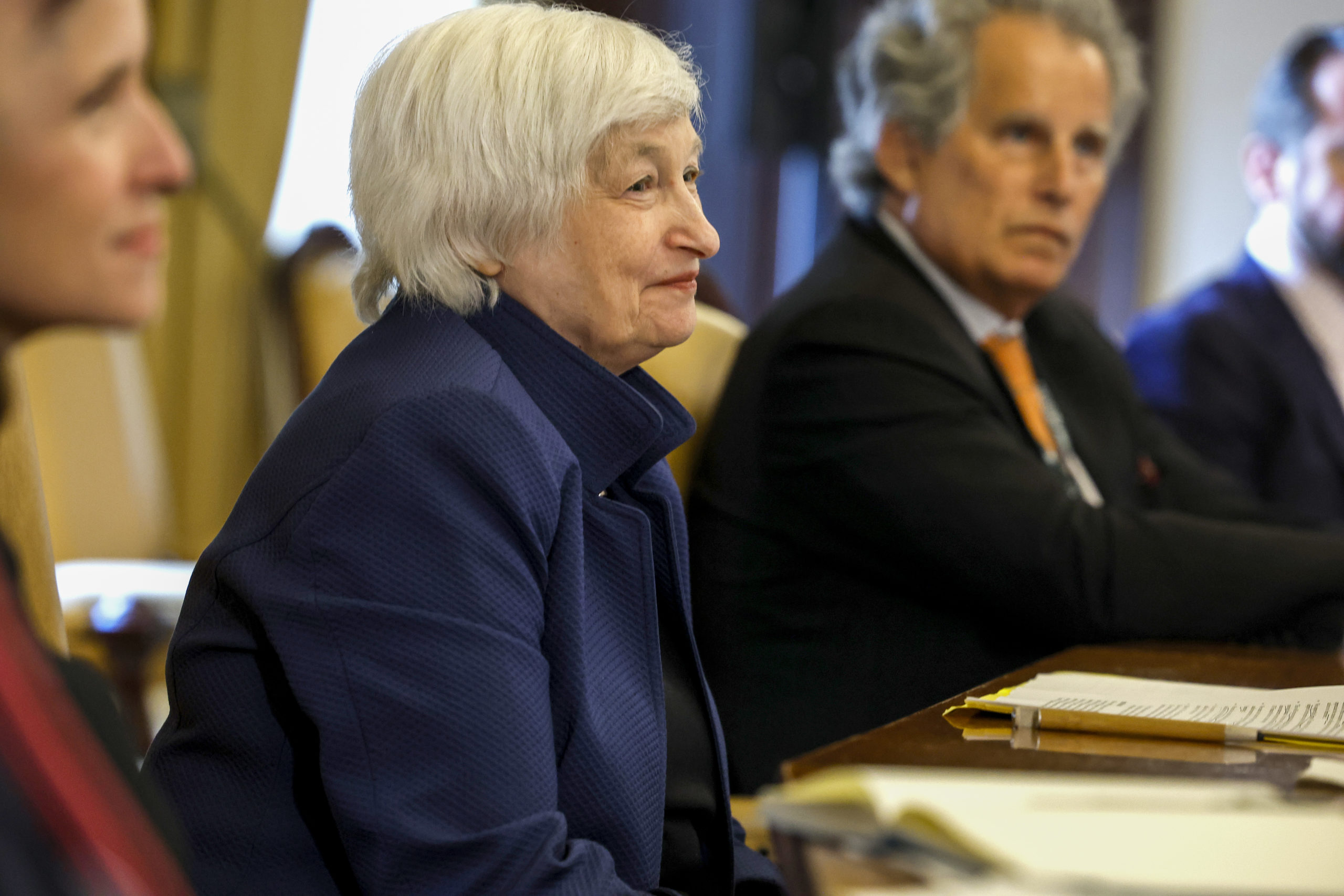- The Group of Seven (G7) nations is placing a price cap on Russian oil to crack down on Moscow’s oil profits, according to a Friday statement.
- “At a time when there really isn’t much spare production capacity and the US has significantly depleted its strategic stockpile of oil, a cutback in Russian sales could have the unintended consequence of driving up prices at the pump,” Mark Finley, a fellow at the Center for Energy Studies at Rice University’s Baker Institute for Public Policy, told the Daily Caller News Foundation.
- “The leaders that are running the West into the ground with climate activist policies will not do anything to increase lost energy production,” Institute for Energy Research Senior Vice President Dan Kish told the DCNF.
The U.S. and other members of the Group of Seven (G7) wealthy nations announced on Friday that they will put a price cap on Russian oil exports to bring down Moscow’s soaring energy export revenues, according to a statement; however, the plan could end up raising U.S. gas prices.
The G7 will attempt to prevent Russia from funding its invasion of Ukraine by preventing entities from insuring or financing Russian shipments of crude oil and other petroleum products unless the products are sold under the stipulated price cap, according to a G7 statement by finance ministers. The U.S. and its allies are hoping to use the shipping industry to force Russia to sell its oil for a cut price or not sell it at all; however, this could lower the quantity of oil in the global market and exacerbate already high fuel costs, experts told the Daily Caller News Foundation. (RELATED: ‘Swimming In Cash’: Russia’s Oil Industry Is Booming Despite Sanctions)
“The price cap is specifically designed to reduce Russian revenues and Russia’s ability to fund its war of aggression whilst limiting the impact of Russia’s war on global energy prices, particularly for low and middle-income countries, by only permitting service providers to continue to do business related to Russian seaborne oil and petroleum products sold at or below the price cap,” the ministers wrote.
The finance ministers did not state the level at which the price cap would be set; however, they stated that they will confer with international partners to decide the amount of the cap which may also be subject to changes, according to the G7 statement.
“It is going to be difficult to implement as it will cause lots of complications in the oil market,” Mark Finley, a fellow at the Center for Energy Studies at Rice University’s Baker Institute for Public Policy, told the DCNF. “There’s a significant risk that it provokes a response by Russia that has the opposite of the intended effect … if Russia chooses to simply not sell oil that will tighten the global oil supply and demand balance and drive prices higher.”
Moscow stated Thursday that it will not sell its products to countries that participate in the scheme, according to CNN.
“We will simply not supply oil and petroleum products to such companies or states that impose restrictions, as we will not work non-competitively,” Deputy Prime Minister Alexander Novak said, according to CNN which cited Russian state news.

WASHINGTON, DC – AUGUST 31: U.S. Treasury Secretary Janet Yellen listens as UK Chancellor of the Exchequer Nadhim Zahawi speaks during a bilateral meeting with U.S. Treasury Secretary Janet Yellen at the Treasury Department on August 31, 2022 in Washington, DC. (Photo by Anna Moneymaker/Getty Images)
Secretary of the Treasury Janet Yellen stated that the price cap will “fight inflation” and help Americans by driving down gas prices in the U.S., according to a statement released Friday.
“By committing to finalize and implement a price cap, the G7 will significantly reduce Russia’s main source of funding for its illegal war, while maintaining supplies to global energy markets by keeping Russian oil flowing at lower prices,” Yellen stated.
The average national gas price is currently $3.81, which is 63 cents higher than the national gas price at the same time in 2021 according to AAA data.
“At a time when there really isn’t much spare production capacity and the US has significantly depleted this strategic stockpile of oil, a cutback in Russian sales could have the unintended consequence of driving up prices at the pump,” Finley said.
Meanwhile, Europe is currently facing an energy crisis due to soaring natural gas prices which are being exacerbated by the war in Ukraine. Russia has constantly cut off deliveries through the Nord Stream 1 pipeline and claimed that the pipeline’s operator is facing maintenance difficulties and Western sanctions while the EU has accused Russia of “energy blackmail.”
President Joe Biden banned Russian energy imports in March to weaken Russia’s economy and help the Ukrainian war effort; the EU also vowed to ban all Russian energy exports by the end of the year, despite its heavy reliance on Russian fuels. However, Russia is making more money off its oil exports than it did before Western sanctions and its oil exports have not dropped significantly as the West hoped.
“The leaders that are running the West into the ground with climate activist policies will not do anything to increase lost energy production,” Institute for Energy Research Senior Vice President Dan Kish told the DCNF. “They are bringing solar panels and wind turbines to an energy gunfight.”
The U.S. Department of the Treasury did not immediately respond to the DCNF’s request for comment.
All content created by the Daily Caller News Foundation, an independent and nonpartisan newswire service, is available without charge to any legitimate news publisher that can provide a large audience. All republished articles must include our logo, our reporter’s byline and their DCNF affiliation. For any questions about our guidelines or partnering with us, please contact licensing@dailycallernewsfoundation.org.


